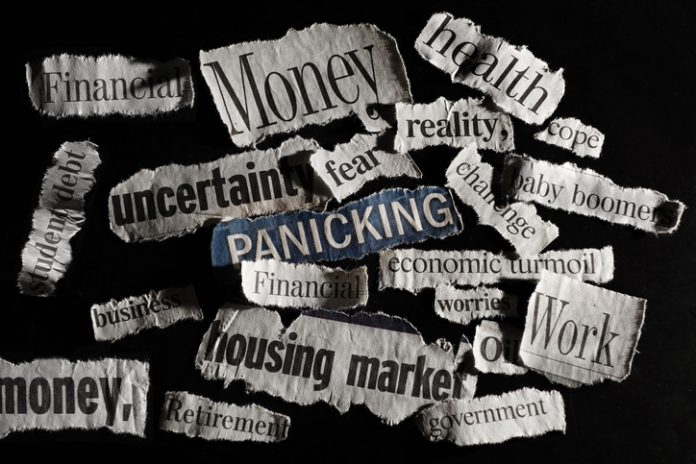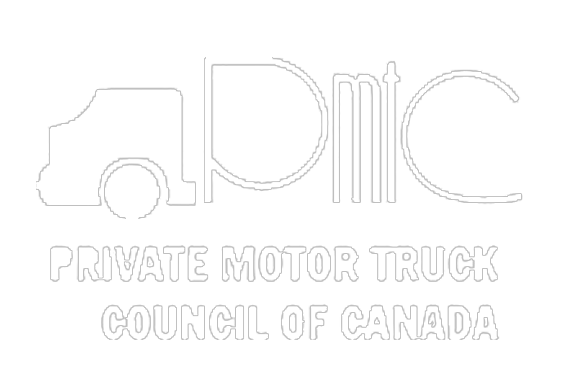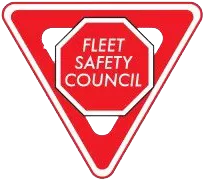Inflation, housing affordability, food crisis, Russia, supply chain issues,
COVID still not over. We need some good news to make us smile. Yet this year ahead looks challenging, full of change, and filled with the potential of more stress. For most of us, the stress levels are through the rough. We need a break.
The American Psychological Association says we continue to struggle with the strain of the prolonged pandemic. A recent survey says that almost two-thirds of adults (63%) say their life has been forever changed by the pandemic. Many feel widespread grief and a sense of loss, Many of us have become entrenched and developed unhealthy coping habits.
For many, 2022 has brought money worries. Careers may have changed or even been lost. The February inflation rate reached its highest level since 1991. Housing and food costs are spiraling to unprecedented levels. More Canadians than ever are unable to afford the purchase of a home. New food and supply chain problems will be with us for the foreseeable future.
Topping all this stress is the Russian invasion of Ukraine. Presented live on TV in our living rooms, spurring mass fear and anxiety as we watch in horror. The American Psychological Association says, 80% of adults report are worried about the invasion of Ukraine and 70% fear it may lead to nuclear war or the beginning of World War III.
These findings make it clear that adults appear to be emotionally overwhelmed and showing signs of fatigue. 87% of adults feel there has been a constant stream of crises over the last two years.
Younger generations have never experienced such global concerns.
Our bodies react poorly under constant stress. Releasing cortisol over extended periods lowers our immune system. Too much constant stress can and will make us unhealthy.
So, what is the menu to overcome all this anxiety and stress?
And who can help us through all of these difficult times?
Helplines and psychologists are in place to help those having difficulty coping. But the demand for mental help has developed into a national crisis. Dr. Peter Liu, a clinical psychologist in Ottawa, said the system is unable to keep up with the mental health-care needs that have grown dramatically in the pandemic.
An Alberta psychologist Dr. Christopher Rose suggests we all become more proactive and practice healthy lifestyles, in essence, we need to learn to fix ourselves.
He says we need to start to socialize again, that the pandemic has isolated us. We have cocooned, which has led to uncertainty, paranoia, and agoraphobia. We have developed what he calls pervasive uncertainty. We need to put down the phone and the computer and get out and interact with other humans. Become social again, join clubs, and visit friends and family, get out there. Spring and summer should help us to reconnect.
We need to be aware that self-help does not always work in the best ways. There has been lots of self-medication, alcohol and marijuana consumption is way up. Our eating habits are not good either. More people are taking prescription drugs, anti-depressants, and anti-anxiety medications. Connective behaviour therapy (CBT), or talking therapy is an effective tool against anxiety. The trick is finding a psychologist to help in times of demand.
Which gets us back to social interaction. Dr. Rose says the best things we can do for ourselves right now are to develop structure, resocialize and exercise. Work on achieving a healthy lifestyle.
Self-discipline is the trick to developing structure, concentrating on creating a day-to-day routine. This is most surely the simplest and most important thing we can do, almost programming ourselves. Wake up and eat meals on a regular schedule, walking, exercising, whatever it is, to set it up as a daily schedule, a structure. We focus on forming good daily habits and taking command of our health. This makes us feel more productive, more focused, more in control. We are focusing on things we can control.
Dr. Rachel Goodman says, “A good place to start with creating a new routine is to set wake-up and bedtimes, as well as meal and activity times.”
Dr. Rose says we almost must become OCDC, obsessive and compulsive. Setting these goals and achieving them makes us feel good about ourselves. Staying active and getting regular daily exercise is important. Make sure that we are well-rested. Eat healthy meals on a regular schedule. Set realistic goals and try to stay positive. Prepare for challenges but don’t ruminate on things you can’t control. Stay in touch with friends and family members and set aside time for activities that you enjoy.
Remember, our mental health is connected to our physical health. Almost 2/3 of us put on weight during the pandemic. Our coping mechanisms suffered, for many, that resulted in unhealthy weight gains and increased drinking.
Thankfully we can lower stress and lose weight with exercise, which reduces levels of the body’s stress hormones, such as adrenaline and cortisol. It also stimulates the production of endorphins, chemicals in the brain that are the body’s natural painkillers and mood elevators. Importantly, exercise makes us feel good about ourselves.
Dr. Rose suggests many of us may feel rudderless, and some may have lost jobs. For those, imposing structure helps. Many have used the pandemic or the loss of their career to become online entrepreneurs and create online businesses. Changing the focus, or creating a new one is an excellent way to forget your stress levels. New careers do create some new other stresses, perhaps healthy ones.
Definitely, we can see that stress and anxiety play hand and hand with our mental and physical health. We may not be able to change where the stress originates, but we can change how we handle it. That means we need to be our own self-advocate. Stress is created by uncontrollable outside influences. The best way to deal with stress is to control the controllable, us. Our routine, our personal interactions, exercise, diet are all key. As Dr. Rose says, we are social animals, it is time to reconnect with others and feel happier about them and ourselves. Life is too short for stress.

